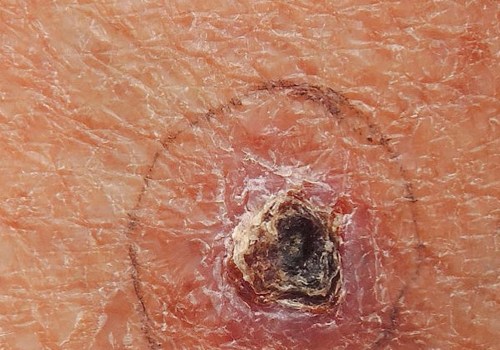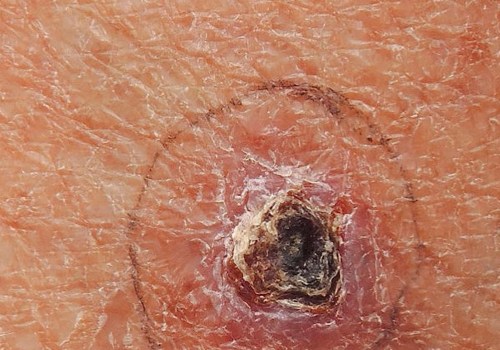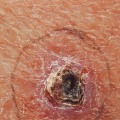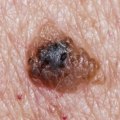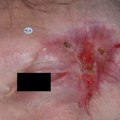Melanoma is a type of skin cancer that can be life-threatening if not detected and treated early. It is essential to be aware of the risk factors associated with melanoma so that you can take the necessary steps to reduce your chances of developing it. The most common risk factor for melanoma is exposure to ultraviolet (UV) radiation from the sun or tanning beds. UV radiation can damage the DNA in skin cells, which can lead to the development of melanoma.
People with fair skin, light-colored eyes, and red or blond hair are more likely to develop melanoma than those with darker skin tones. Having a family history of melanoma also increases your risk. If you have a parent, sibling, or child with melanoma, your chances of developing it are higher than someone without a family history of the disease. Having a large number of moles or atypical moles can also increase your risk of developing melanoma.
Atypical moles are moles that are larger than normal, have irregular borders, or have multiple colors. People who have had severe sunburns in the past are also at an increased risk for developing melanoma. Sunburns damage the skin and can increase your risk of developing skin cancer. Immunosuppression is another risk factor for melanoma.
People who have weakened immune systems due to certain medical conditions or treatments are more likely to develop melanoma than those with healthy immune systems. Finally, people who have had previous non-melanoma skin cancers are at an increased risk for developing melanoma. Having one type of skin cancer increases your risk for developing other types of skin cancer.
Understanding
the risk factors for melanoma is key to reducing your chances of developing it. Wearing sunscreen with an SPF of 30 or higher when you are outside and limiting your exposure to UV radiation from the sun and tanning beds can help reduce your risk.Additionally, it is important to check your skin regularly for any changes in moles or new moles and see a doctor if you notice any changes. If you have a family history of melanoma or have had previous non-melanoma skin cancers, talk to your doctor about ways to reduce your risk.

